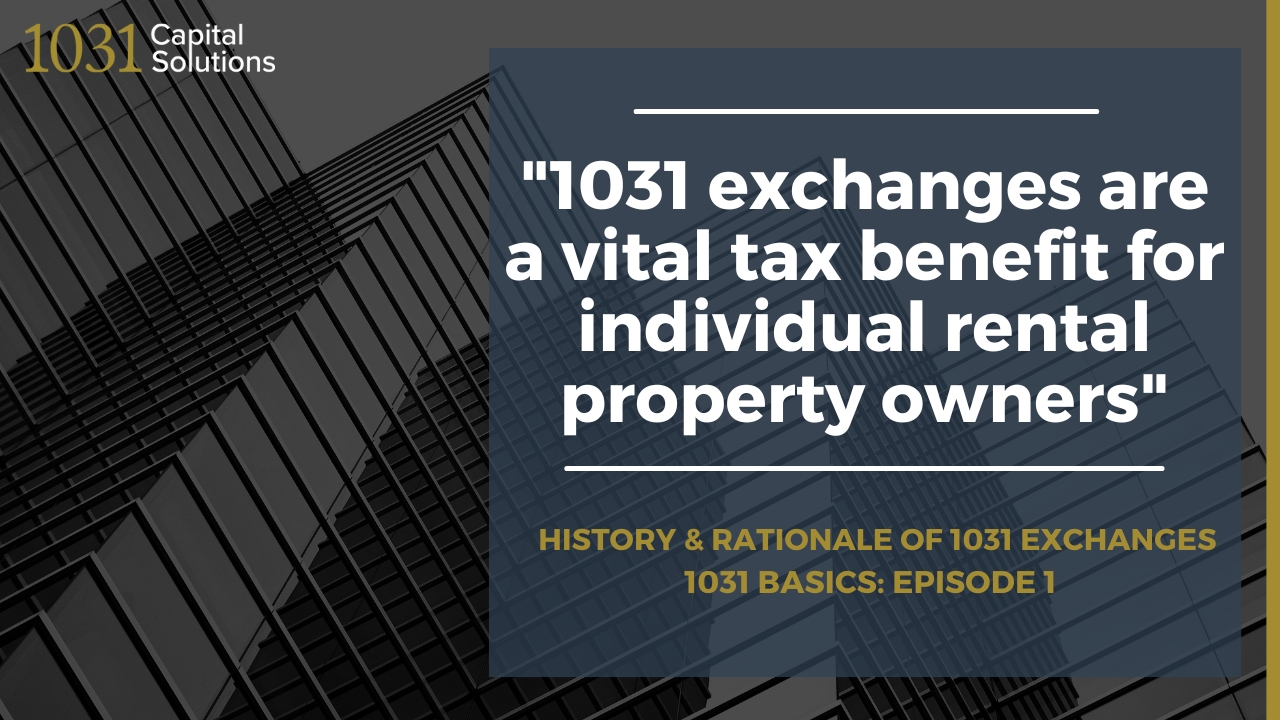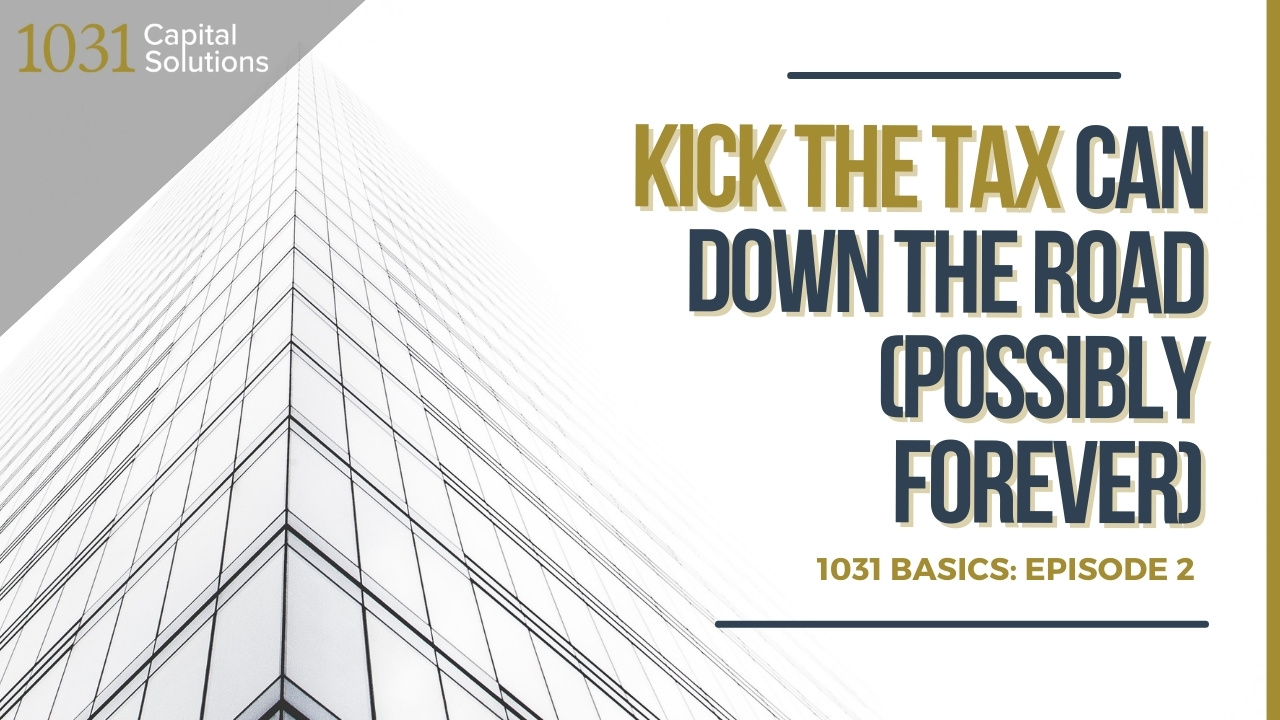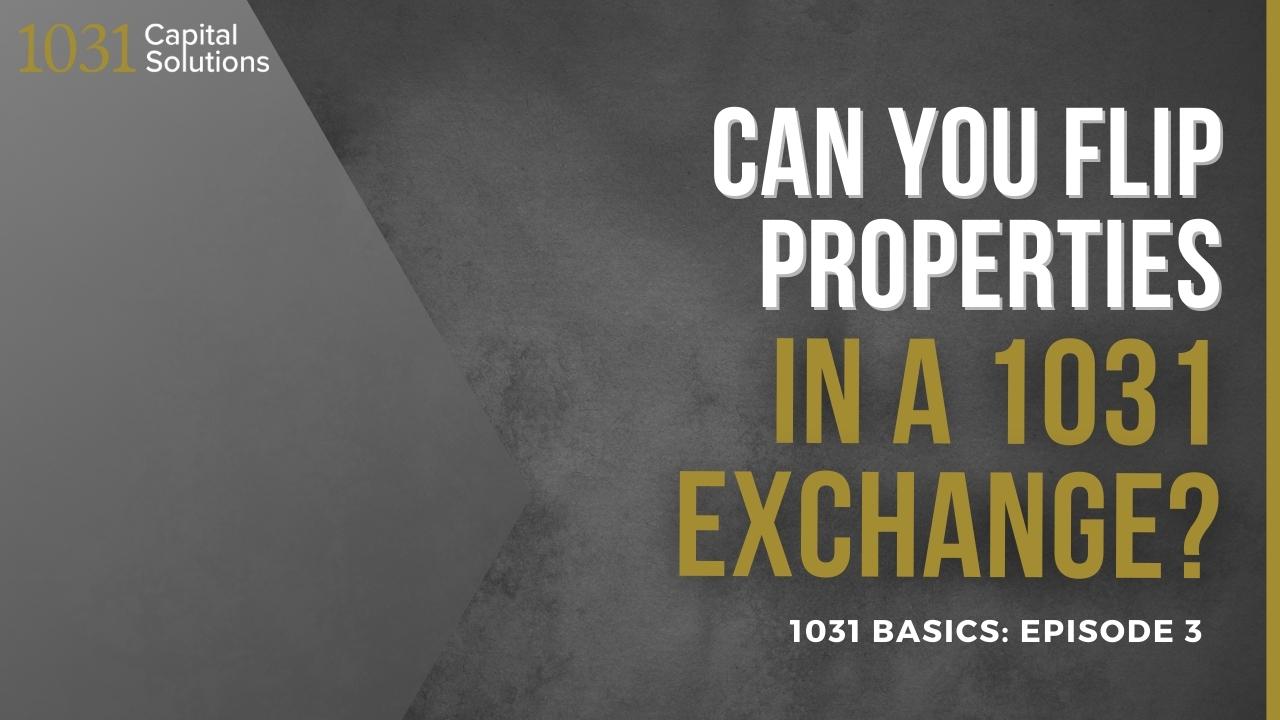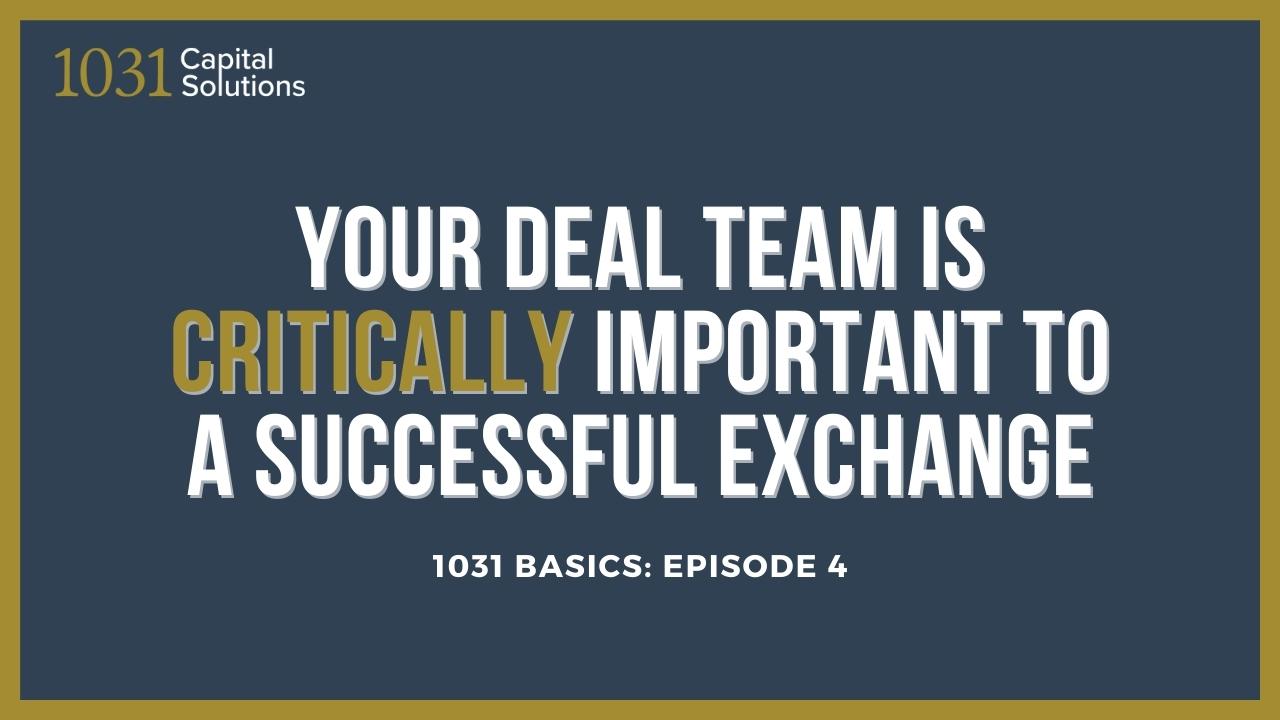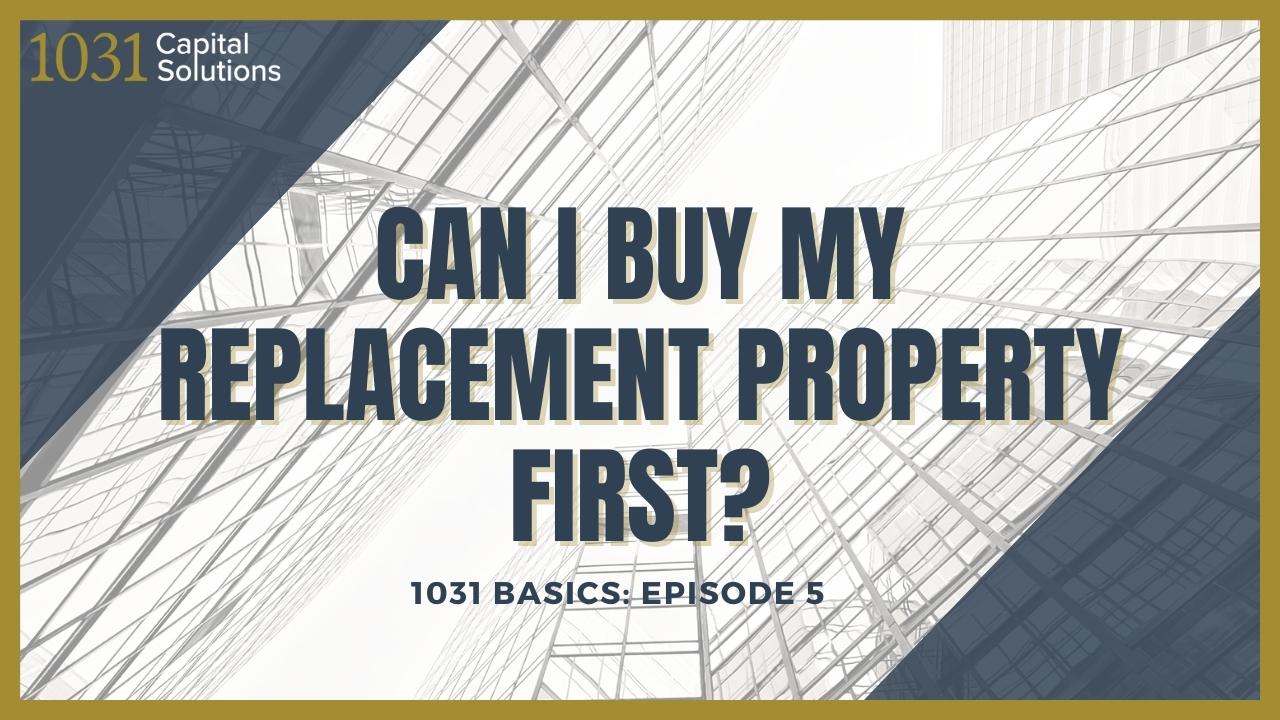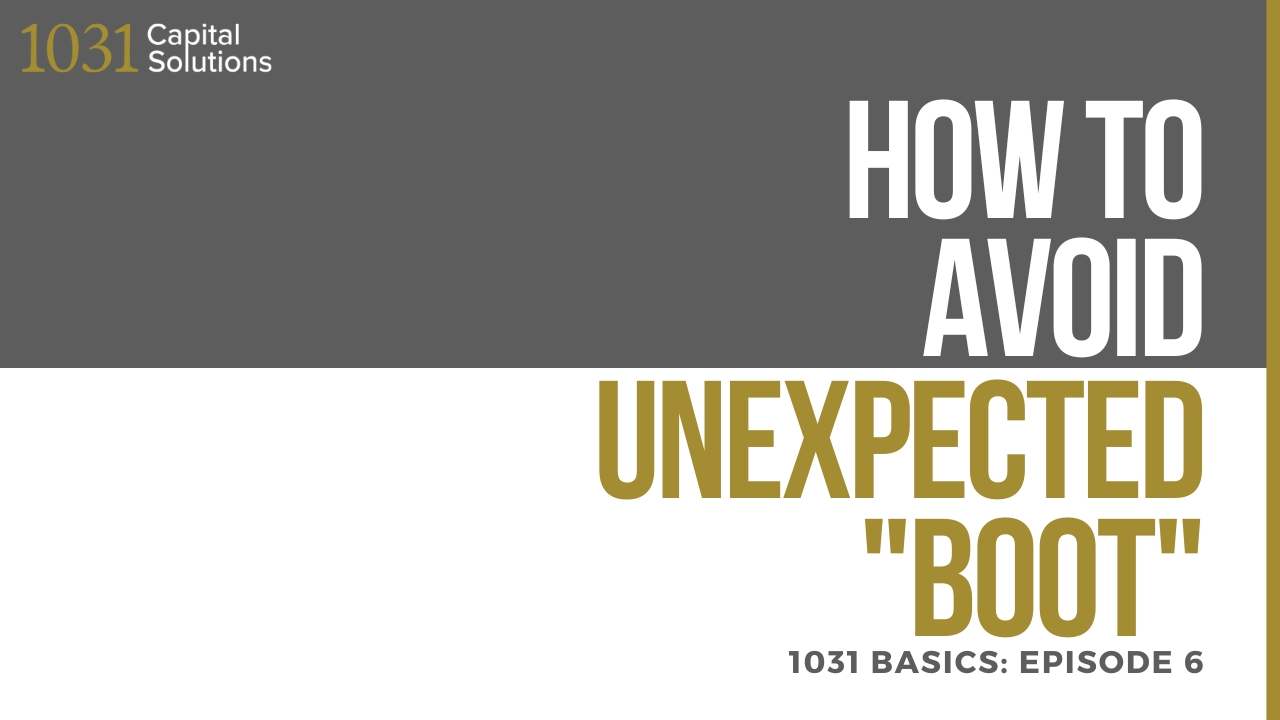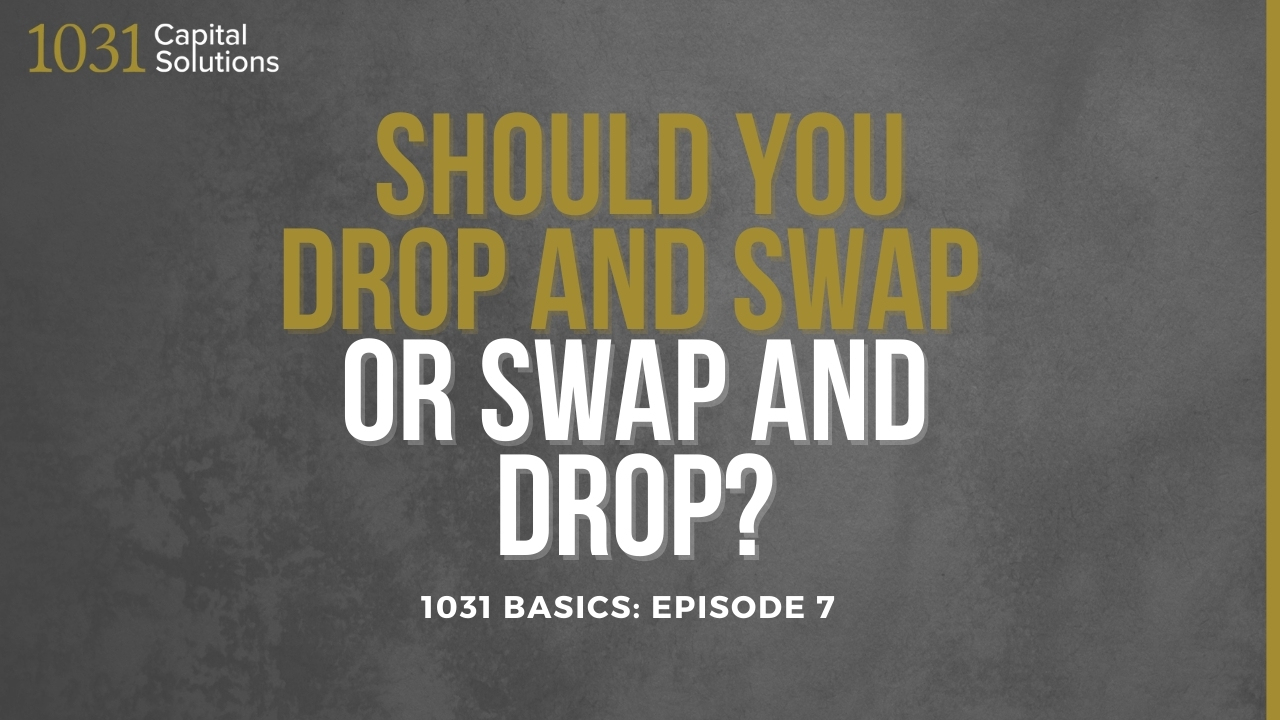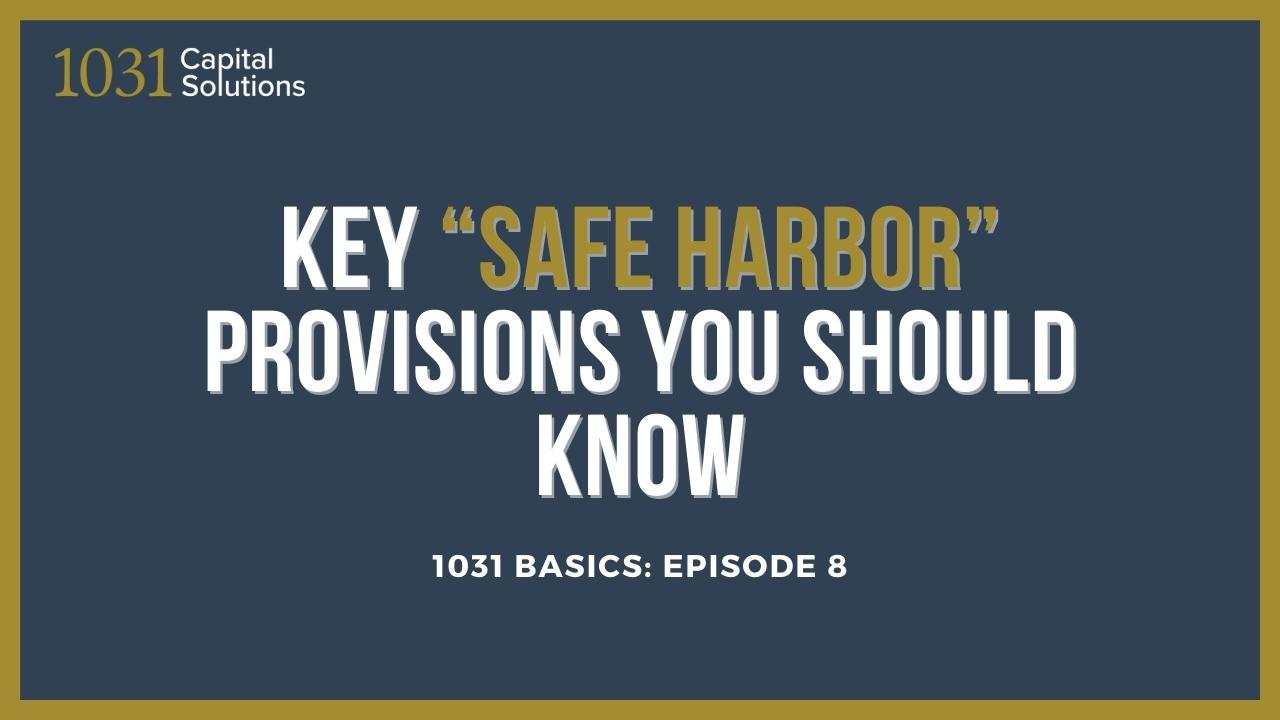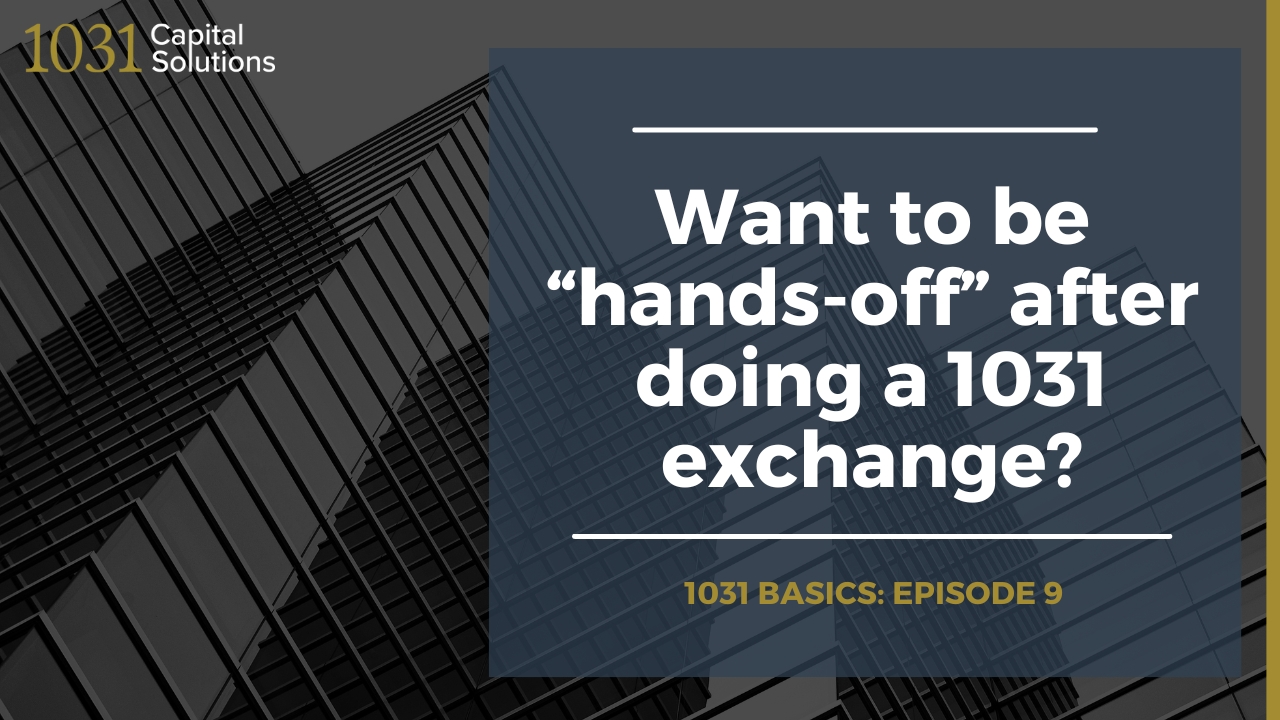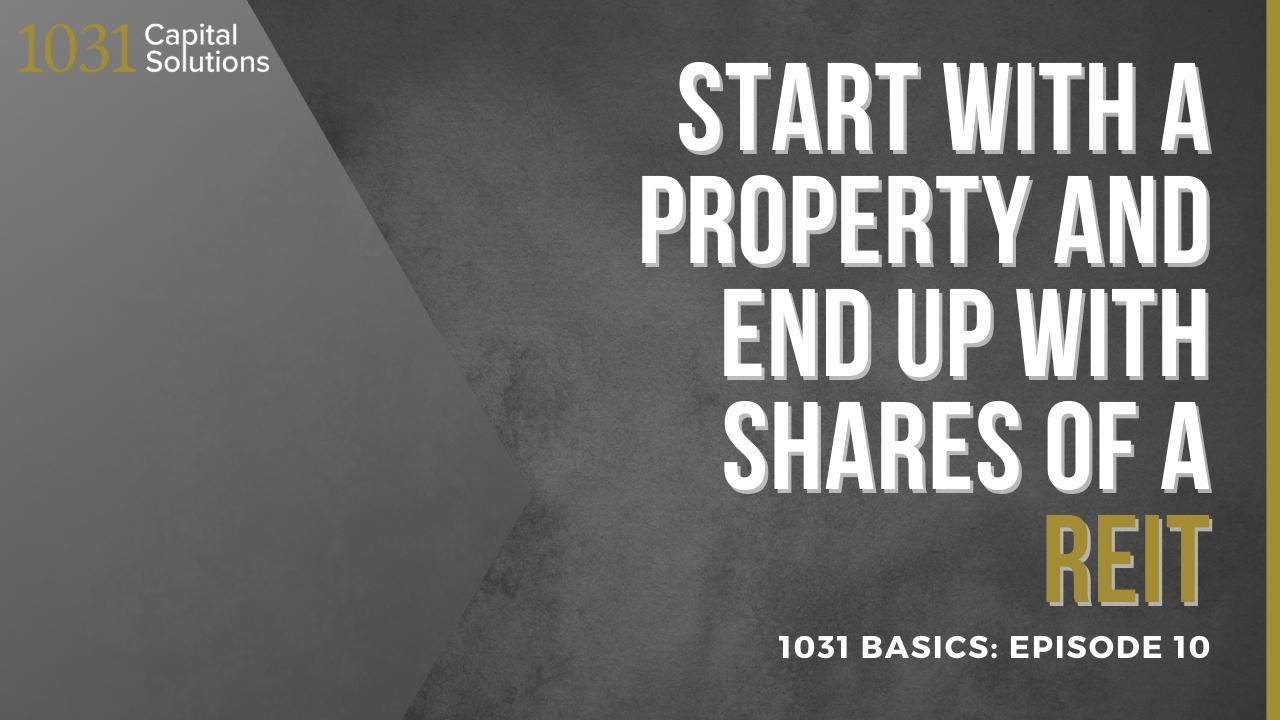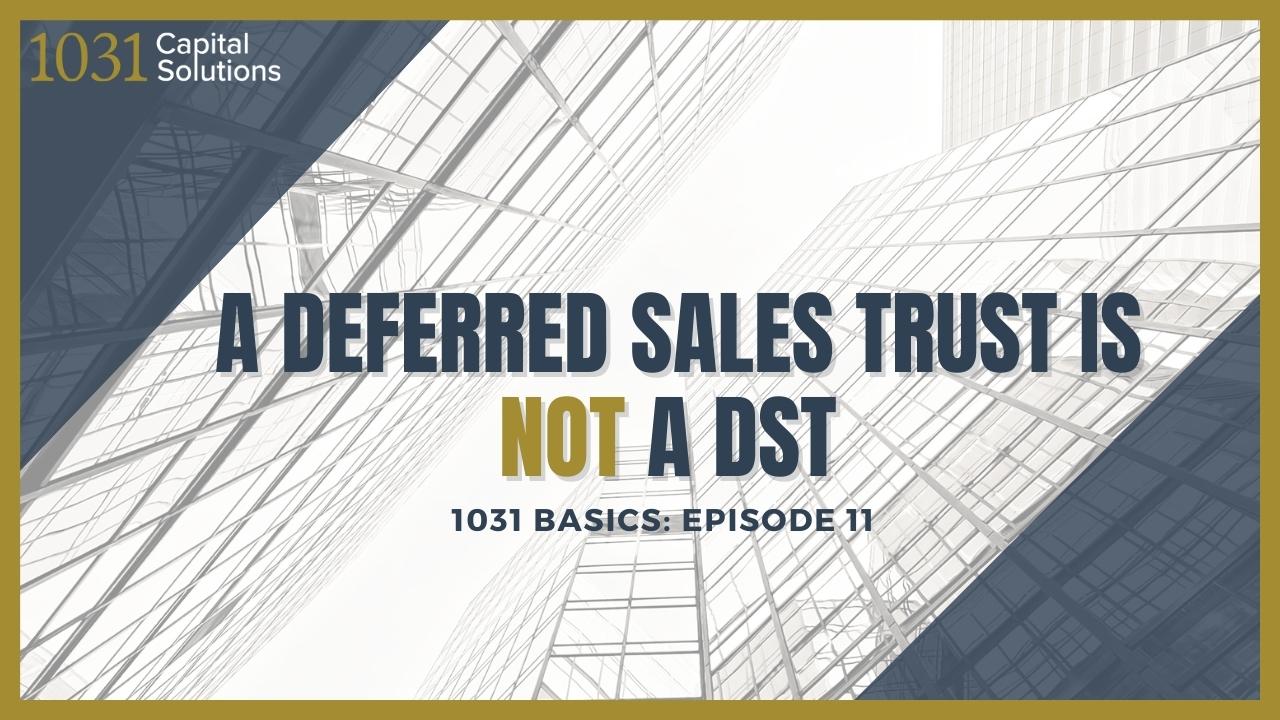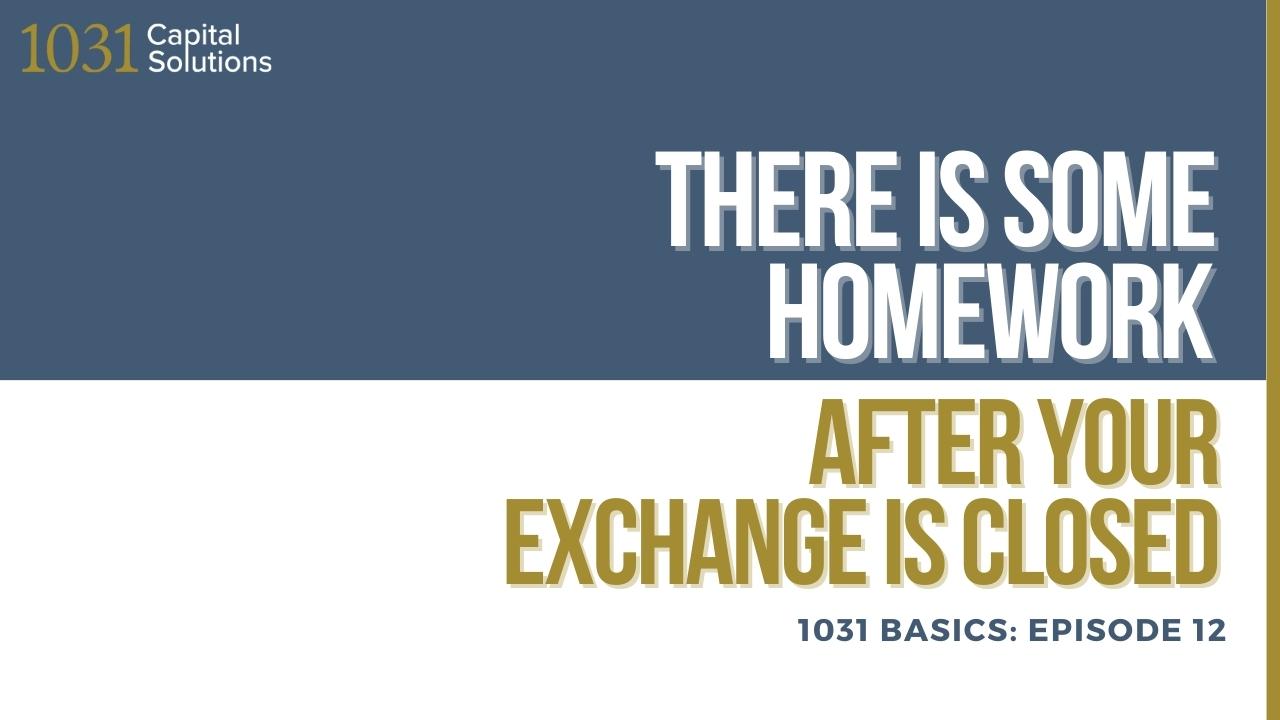Tax-deferred exchanges of investment real estate date back to 1921. Learn what has changed-and what remains the same-about 1031 exchanges.
Conducting a like-kind exchange of rental property is about more than saving a few bucks on your tax bill. For most taxpayers, the combined state and federal tax benefits can add up to several hundreds of thousands of dollars over multiple transactions.
Not all real estate can be exchanged under IRC Section 1031. Before you sell your property, be sure to learn which investments can be sold and bought in a 1031 exchange.
Completing a 1031 exchange transaction does not need to be complicated. But you cannot hope to comply with the rules if you don't take the time to learn them.
You can't un-ring a bell or put water back into a hose-but you can buy your replacement before you sell your relinquished property. Let us show you the most common method for completing a "reverse" exchange.
A perfect 1031 exchange has no "boot", meaning no taxable consequences. Alas, few things in this world are perfect, and exchanges are no exception. But if you follow the rules, you can keep your boot small.
Breaking up with partners-either in marriage or business-does not have to ruin your 1031 exchange. But if you don't know the rules, a breakup can be a treacherous tax trap.
Can you exchange a personal vacation property that you also rent to tenants? Of course you can. Is it easy to trip over IRS rules? Of course it is
This episode is for investors seeking to retire from being landlords. If you are interested in conducting a 1031 exchange-but do not want to operate another rental property-a passive replacement program could be a suitable solution.
It is becoming increasingly common for passive 1031 investors to pursue a "one and done" strategy and ultimately own units of a REIT. If you would like to avoid the need for multiple 1031 exchange transactions, please watch this video.
"DST" stands for Delaware Statutory Trust-a bona fide 1031-qualified investment structure approved by the IRS in 2004. A Deferred Sales Trust™ is something else. Let us clear things up in this episode.
Yes, there is a little bit more to do after you complete a 1031 exchange. With a little knowledge and a good tax professional, you should have no problem getting everything buttoned up.

